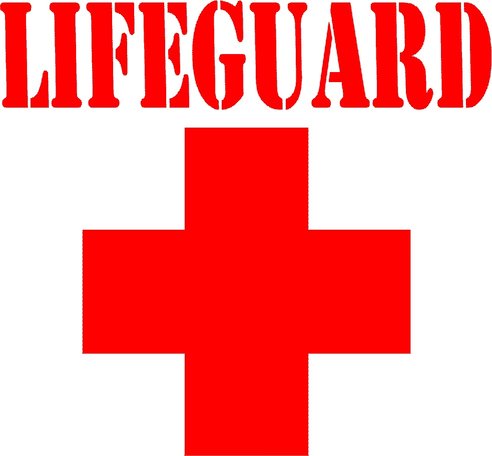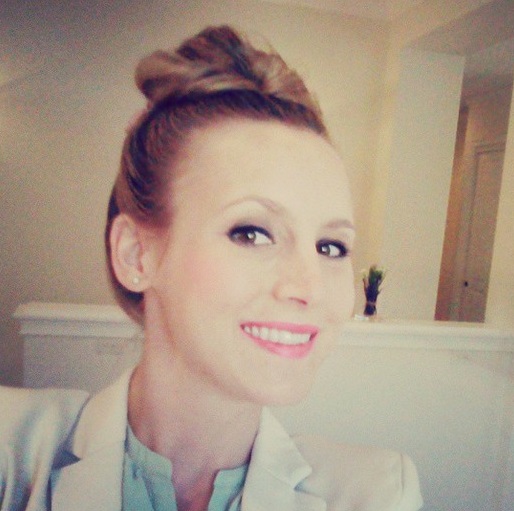I spent the five happiest years of my life in a morgue. As a forensic scientist in the Cleveland coroner’s office I analyzed gunshot residue on hands and clothing, hairs, fibers, paint, glass, DNA, blood and many other forms of trace evidence, as well as crime scenes. Now I'm a certified latent print examiner and CSI for a police department in Florida. I also write a series of forensic suspense novels, turning the day job into fiction. My books have been translated into six languages.
I think it would certainly be an asset!
Best of luck.
The people to ask would be the people hiring forensics personnel in LA county. All agencies (the police department, the sheriff's office, the medical examiner's office) should all have websites that post current job openings. If they don't have any current postings, then you can always call them and ask. That's the only way to know for sure. Best of luck!
I believe it’s a presumptive test, so it would not be considered ‘conclusive’ evidence, only an indication that further test (like DNA) would be appropriate.
I have never used an orthotolidine test, unless that’s the reagent in the Hemastix test strips. We used those a great deal at the coroner’s office—they’re very handy, but can have false positives. Deciding what reagent to use will always be a function of ease of use, possibility of false positives and false negatives, expense and hazards (such as carcinogenic properties).
Best of luck!
It depends on what you're talking about--was what contaminated with what? Lots of things can be contaminated with things without results being affected. Take blood, you can mix blood with paint or dirt or maybe oil or types of soap and that won't affect the DNA profile. If you mix it with bleach or other blood, it will. So if you had, say, heroin, and it gets mixed with fingerprint powder or cotton fibers, it's still going to test as heroin. If you mix it with cocaine, maybe it won't. (Controlled substances are not my field.) So 'contamination' is not a one-size fits-all word.
Casting Director
 What do you look for when auditioning candidates for reality TV?
What do you look for when auditioning candidates for reality TV?
Lifeguard
 Did you ever have to perform CPR or mouth-to-mouth on a swimmer?
Did you ever have to perform CPR or mouth-to-mouth on a swimmer?
REALTOR®
 What's the best way to know if housing prices are going to rise or fall?
What's the best way to know if housing prices are going to rise or fall?
I’m sorry but I have no idea. I’ve never worked in Toxicology.
Large paper bag. Casting agents usually warm up so that might create moisture inside a plastic container or bag. A cardboard box might be good as well to give it enough support to keep it from cracking.
I would try oblique lighting—try laying the piece down as flat as possible and then hold a flashlight to the side so the light beam travels across the piece instead of down onto it. Adjust the light to where it’s the most helpful. With the ziploc bag you might also put a piece of dark paper inside it to increase the constraint. That’s all I can think of since I’m not an expert in questioned documents. Best of luck!
-OR-
 Login with Facebook
Login with Facebook (max 20 characters - letters, numbers, and underscores only. Note that your username is private, and you have the option to choose an alias when asking questions or hosting a Q&A.)
(A valid e-mail address is required. Your e-mail will not be shared with anyone.)
(min 5 characters)
By checking this box, you acknowledge that you have read and agree to Jobstr.com’s Terms and Privacy Policy.
-OR-
 Register with Facebook
Register with Facebook(Don't worry: you'll be able to choose an alias when asking questions or hosting a Q&A.)